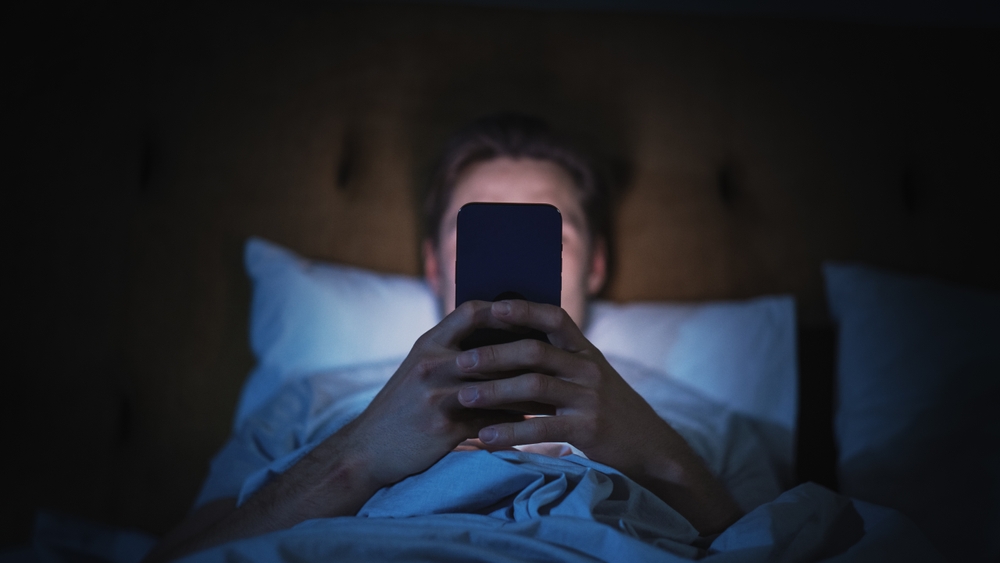You might think scrolling through social media while your child plays nearby is harmless—but what if those “just a minute” moments are quietly sending the message that your child doesn’t matter?
Experts are now sounding the alarm about a behavior called phubbing—when parents prioritize their phones over face-to-face interactions—and the subtle, long-term effects it can have on a child’s emotional well-being.

It often begins innocently: a quick check of notifications or a glance at an alert.
But minutes stretch into hours, and children notice. The term phubbing—a mix of “phone” and “snubbing”—was first coined in 2012 during the “Stop Phubbing” campaign to highlight how digital distraction undermines real-world connections.
Psychologist Mary Alvord, co-author of Conquer Negative Thinking for Teens, notes that children interpret being ignored as rejection.
“When kids feel overlooked, they can internalize the idea that they’re not important,” she explains. “This may push them to withdraw or act out in ways that are unhealthy just to capture attention.”
Research supports her warning: children who perceive emotional neglect at home are more likely to experience anxiety or depression later, while strong friendships can help offset these effects. One study in the National Library of Medicine found that adolescents who felt neglected exhibited higher depressive symptoms by age 18.
Phones are undoubtedly useful tools—schedules, reminders, news, and social connections all live on one device. But Alvord cautions that excessive reliance can come at a cost to human connection. “Many parents feel tethered to their phone, like they can’t step away,” she says, highlighting how dependency can slowly erode meaningful interactions.
Phubbing doesn’t just affect children. Romantic relationships are vulnerable too. Research from Gaziosmanpaşa University in Turkey, led by Faruk Caner Yam, shows that partners who are frequently ignored for screens report lower satisfaction and weaker relationship quality. “When attention is given to a device instead of a partner, it diminishes emotional connection,” Yam concludes.

Even brief, repeated choices to prioritize a phone over real-life interactions send a clear signal: people nearby aren’t a priority. Over time, that message can shape self-worth, emotional resilience, and relational bonds.
🔹 Conclusion
Phubbing may seem trivial, but its effects ripple far beyond a few distracted moments. Children can internalize feelings of neglect, and partnerships may suffer from reduced emotional intimacy. Mindful phone use, intentional presence, and modeling attention are critical for nurturing children’s emotional growth and sustaining strong relationships.
In a screen-driven world, knowing when to put down your device may be as crucial as the conversations you share with those who matter most.
